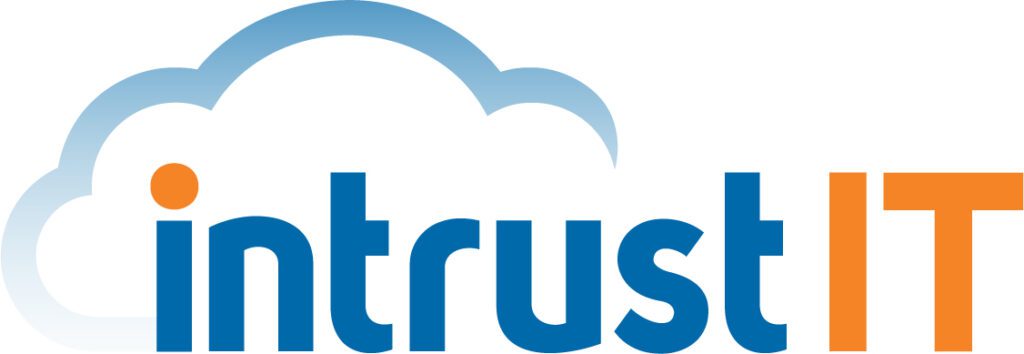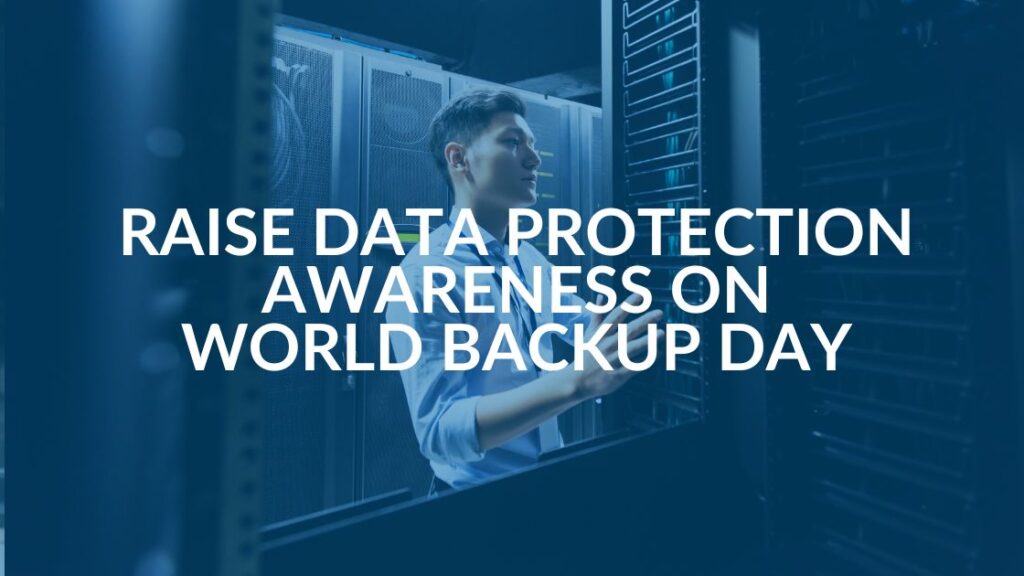Email Security Trends and Preventing Email-Borne Cyber Attacks

There’s a good reason we talk about email security trends a lot in this blog and with our managed IT clients. In the past couple of years, cyber attacks by email have been growing to very high levels. FBI data shows record highs in ransomware attacks, business email compromise (BEC) and phishing in 2022. Our cyber security tactics need to improve as well.
These statistics are making security leaders give more thought to how they approach email security. But what is most important when it comes to email security? Abnormal recently surveyed 300 security leaders to gain a deeper understanding of how email security tactics are evolving and how to most effectively protect organizations.
>>Is your MS 365 Secure? Find out with our free checklist
The Danger of Secure Email Gateways (SEGs)
By the end of 2021, around 70 percent of organizations had begun using a cloud-based email solution, according to a Gartner estimate. The Abnormal survey concluded that 93 percent of organizations are now using these cloud-based email solutions, or are intending to implement them in the near future.
Many businesses are using secure email gateways (SEGs) for their email security. These gateways basically divert emails coming into a company’s server to the SEG where they can be inspected against known threats and “sanitized” before being forwarded on to its final destination. They are set up within your domain DNS using an MX record.
Secure email gateways were not built for the cloud email systems that are used today. The SEG doesn’t have the ability to stop attacks as the cyber criminals evolve their tactics to become more intricate and effective. Intrust agrees with the 78 percent of security leaders surveyed that SEGs are not at all capable of protecting cloud email systems.
Because of the rise of attacks, some of the biggest cloud providers such as Google and Microsoft are investing in their cloud security capabilities. Still, Gartner predicts that by 2023 only about 40 percent of organizations will choose to use the capabilities of these cloud email services instead of SEGs.
Even when these new cloud security solutions become available, the features will not be universally implemented. Some cloud services may only offer them as paid add-ons while others may not offer them at all. Also, both SEGs and the new cloud security gateways are only designed to block out known threats, which still leaves you susceptible to more sophisticated attacks that have not been detected before. It’s no wonder that 79 percent of survey respondents believed these native controls to be ineffective at protecting against threats on their own.
While cloud services are implementing more protection methods, it is essential that we start finding more effective ways to protect against email attacks. Security teams need to shift their focus off of preventing these cyber attacks and on to human and behavioral analysis. This means getting rid of SEGs and turning to a more modern combination of email security solutions that are built for a cloud-based environment.
The Promise of Integrated Cloud Email Security (ICES)
Integrated cloud email security (ICES) is a relatively new category of email security tools that help stop attacks with more modern, cloud-first solutions. ICES products use an API to connect to email instead of DNS records. They also use natural language processing (NLP) and behavioral AI to assess emails and block suspicious emails that legacy solutions like SEGs can miss. The top benefits of ICES over SEGs include:
- Precision protection against all types of attacks due to behavior AI and natural language processing.
- Deployment in minutes with no disruption in email flow.
- Protection of employees and vendors by identifying those at highest risk and scrutinizing more closely.
- Automated triage, remediation and reporting.
- Single view of company’s email posture with centralized insights.
As email-borne cyber attacks are growing more effective and sophisticated, the need for ICES is urgent.Our email security strategies need to not just block known threats, but also go far beyond that as cyber criminals come up with new ways to bypass our protection technology. Of the cyber security leaders surveyed by Abnormal, 90 percent believed that a combination of ICES and the native security capabilities within cloud platforms will be able to replace SEGs completely.
Email Security Trends Survey Highlights
Security leaders’ biggest email security concerns include:
- Malicious attachments.
- Ransomware.
- Credential phishing.
- Malicious URLs.
- Business email compromise (BEC).
- Supply chain compromise.
Security leaders’ biggest barriers for effective defense include:
- Event or alert overload.
- Lack of skilled staff.
- Legacy email security solutions that are not effective as they need to be.
- Budget.
- Gaps between security solutions.
- Challenges with managing email security solutions.
What security leaders are looking for in their email solutions:
- API connectivity
- Behavioral AI (artificial intelligence)
- Natural language processing (NLP)
>>Not sure where you stand? Request a Vulnerability Assessment
We Can Help
Email-borne attacks such as ransomware, BEC scams and phishing are not going to decrease any time soon, in fact they are going to keep rising as cyber criminals evolve their tactics. Traditional SEG technology is not effective in protecting against these email security trends and businesses need to start implementing more advanced email protection like ICES.
If you find this overwhelming, you’re not alone. That’s why many businesses benefit by outsourcing their worries about IT and cyber security to a managed service provider like Intrust. Contact us or book an appointment so we can help you figure out what’s best to protect you and your company.
Share this Blog
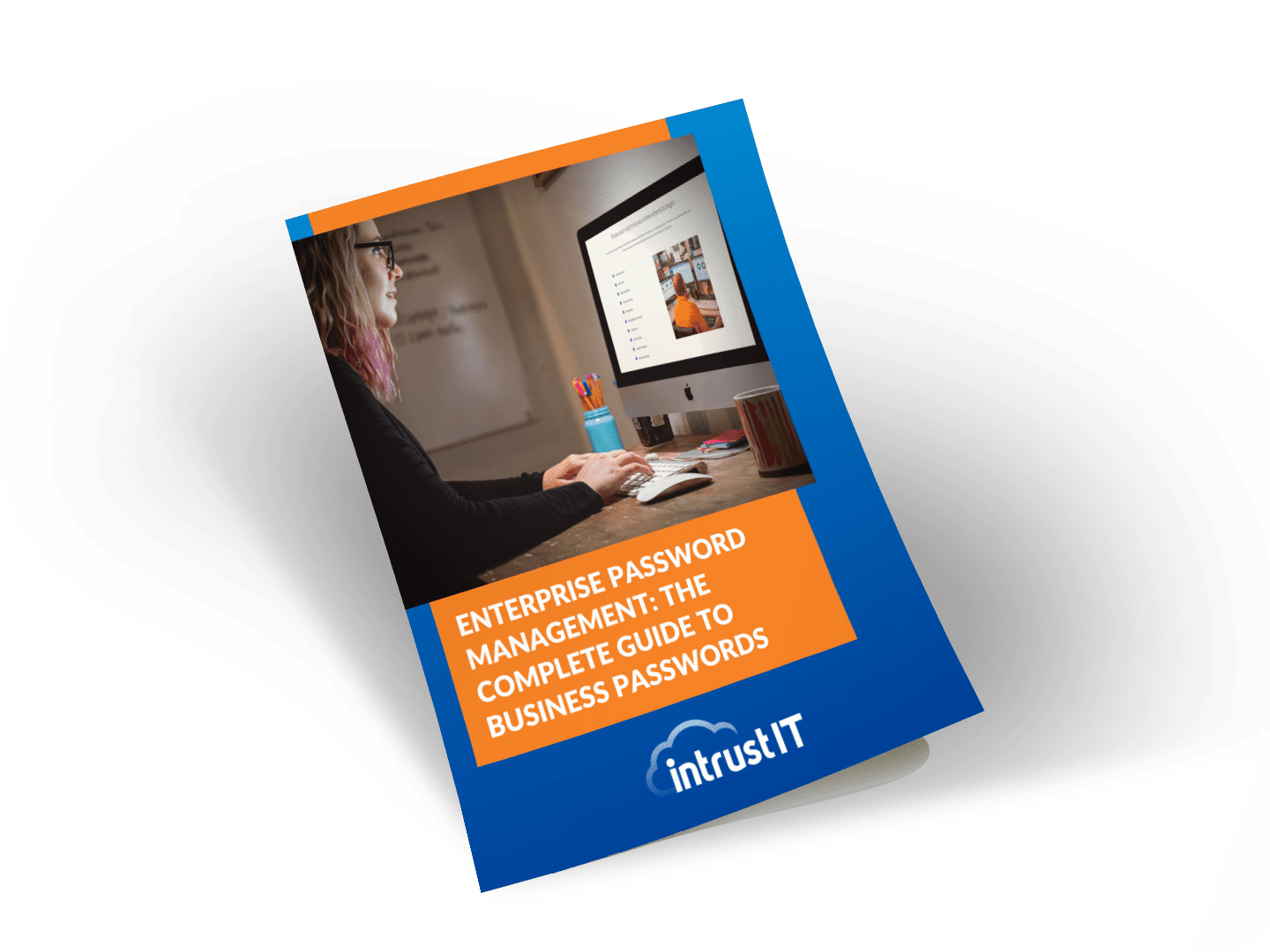
Is Your Name or Birthday a Part of Your Password?
If so, you’re a part of the 59 percent of people who don’t follow proper password hygiene. More than 70 percent of passwords are used for more than one system, meaning if cybercriminals crack one, they can access a lot more accounts.
Our free Enterprise Password Management Guide will give you the best password hygiene practices to help you secure your computer and your business.
Download the Guide
Explore the Latest Trends in IT
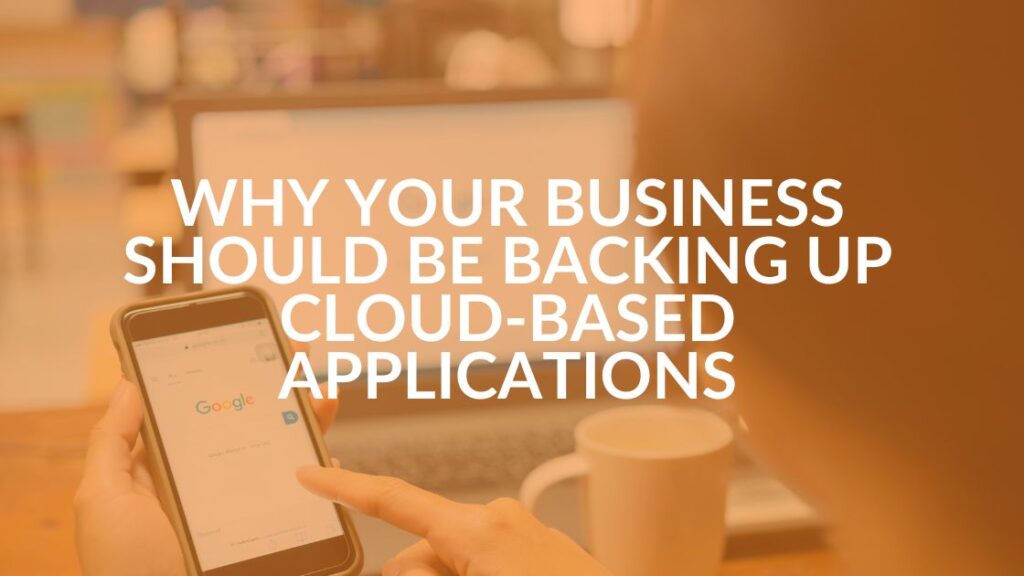
Microsoft 365 and Google Workspace: The Importance of Backing Up Your Cloud-Based Applications
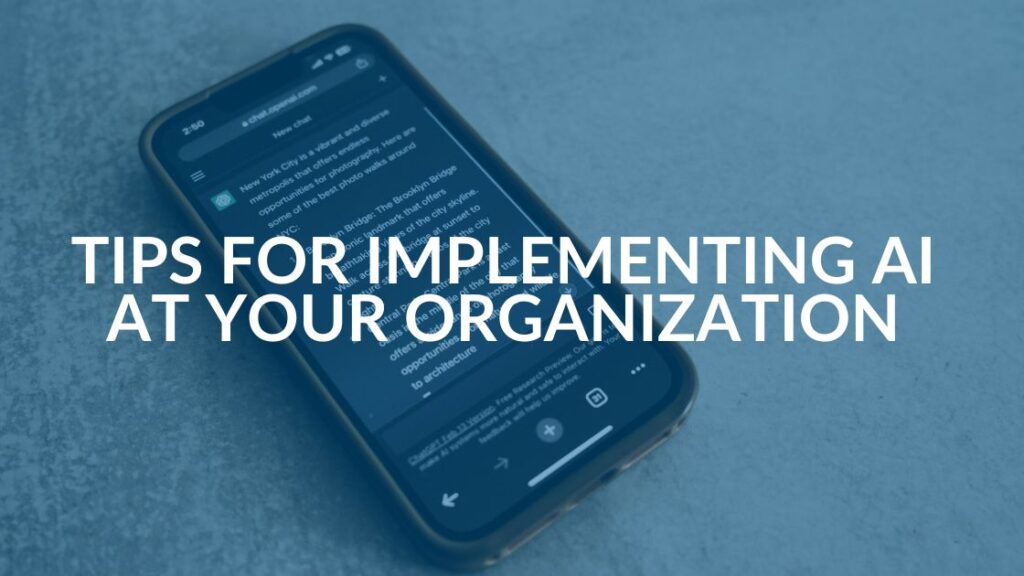
AI Guiding Principles

Edge vs Chrome Security: Which Is the Best Browser for Your Business?


